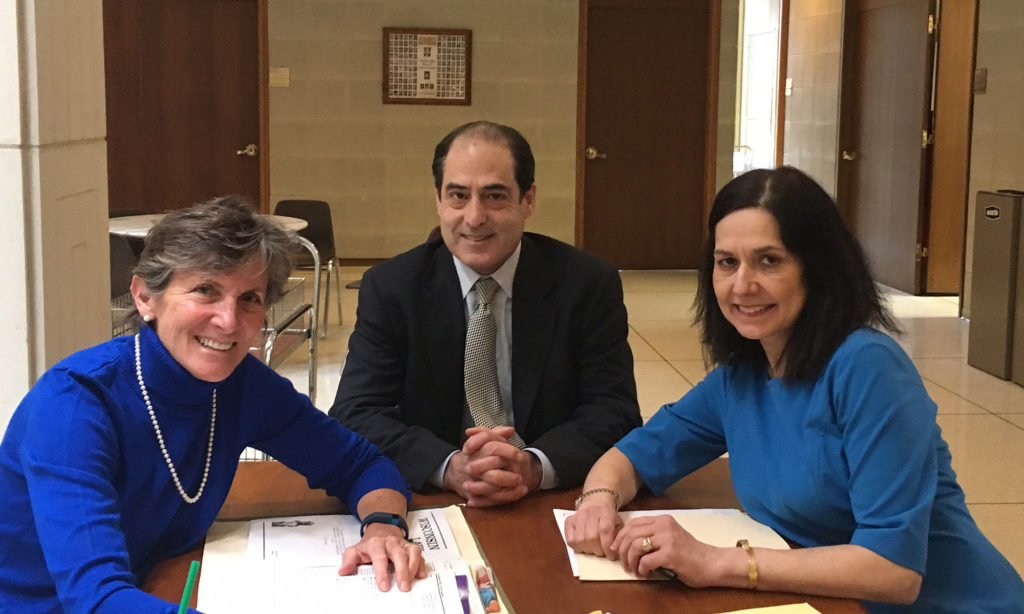Inevitably, when a discussion of the merits of MAID is elaborated, sympathetic audiences note that laws impeding a merciful exit for those in extremis at End of Life are insensitive to the very real suffering inflicted on the patients in question. "Why", it is observed, "we treat our pets with more kindness that our own family members! Surely they deserve the same consideration that we afford Fido and Meow-meow!"
There is a prima facie logic to the analogy. We love our pets as members of our family and treasure the shared lives we enjoy with them. When they become so deathly ill, debilitated with a cancer or immobilized by constant pain, such that it is clear that living has become an unremitting agony, we are beckoned by those we trust and by our own conscience to "put them out of their misery." Not to do so, is seen as an abject self indulgence where we place our own preference to keep the beloved pet around rather than admit what is the merciful, the considerate, the ethical thing to do. And then, forlornly, with heavy hearts, we tearfully bring our companion to the veterinarian for a painless end. We take solace that our beloved pet lived a happy life with us, that we gave them love and comfort, and that when the time came, we acted in their best interest. Why, I am often, asked can't we afford that same love and consideration to our own family members when the time comes.
As attractive as the comparison might resonate with some, in fact it is entirely inapposite and irrelevant to the arguments for Medical Aid in Dying. Because the overarching rationale for MAID is not acting in the best interests of someone we love... but being able to decide ourselves what is best for us. It is not a question of kindness to someone else; it is only a question of autonomy to decide what we want individually and personally at End of Life.
What we do to the pets we love when they are near death and in great pain is mercy killing, or to call it name it properly euthanasia: it is substituting our best judgment what our pet would want if they could talk to us. But of course, we don't know for sure. We make the decision on their behalf out of love, compassion, consideration. But in the end, it is our decision. MAID does not work that way.
In the states where MAID is authorized, no third party has the right to intrude on the End of Life decision-making of someone who is approaching death. No one is allowed to coerce or even pressure someone to opt for applying for MAID through the legislative framework. That is the sole decision of the person contemplating whether to abbreviate by a few weeks or even months their death. In MAID states, no one has any legal authority decide that "we should put Granny out of her misery" because she is clearly in agony. Euthanasia in any MAID state, as well as elsewhere in the country is not treated as an act of mercy; it is prosecuted as Murder One... and rightfully so.
We advocates of MAID do not want to allow anyone to interfere with your or my End of Life choices. We do not want to give authority to physicians or healthcare proxies to decide now is the time for someone to die. We believe that as long as a person has a will to continue, despite the dying process, they must be supported in that decision. But if that person reaches a point where they no longer wish to continue because the pain or angst or pointlessness is too much, then no state, no religious or legal institution should have the authority to countermand that very personal and innate right to decide.
So much as we all sympathize with the notion that our pets often receive better End of Life care than our own parents, we need to be clear: no one begrudges the loving pet owner who takes Fido or Meow-meow to the vet when the time is right; but no one is advocating a similar process for Granny or Pops.

Edmund Tiryakian
Ed Tiryakian, J.D., MBA, founded Dying Right NC in 2015 and is its Executive Director. He previously worked in international banking in Asia before retiring to his native NC.He believes End of Life issues are one of society’s most pressing challenges as we all live longer and the medicalization of the dying process continues to conflict with the individual’s right to choose his or her end.


